Cooking is a versatile secondary profession in Classic WoW, offering valuable food buffs to enhance gameplay. It’s an accessible skill, providing satisfaction through crafting delicious meals for players.
1.1 Overview of Cooking as a Secondary Profession
Cooking is one of the secondary professions in Classic WoW, accessible to all players regardless of class or faction. Unlike primary professions, it doesn’t require exclusive dedication and can be learned alongside others like Alchemy or Blacksmithing. Cooking allows players to craft food items that provide beneficial buffs, enhancing health, mana, or stamina. It’s a versatile skill that complements other professions, such as Fishing or Hunting, by utilizing their resources to create nourishing meals. This makes Cooking a practical and rewarding addition to any player’s skill set.
1.2 Importance of Leveling Cooking in Classic WoW
Leveling Cooking in Classic WoW is highly beneficial as it provides players with food buffs that enhance health, mana, and stamina. These buffs are crucial for optimizing performance in raids, dungeons, and PvP. Higher-level Cooking also unlocks more potent recipes, offering greater stat boosts. Additionally, Cooking complements other professions like Fishing and Herbalism, allowing players to craft nourishing meals from resources they gather. This self-sufficiency makes Cooking an invaluable skill for any serious player.
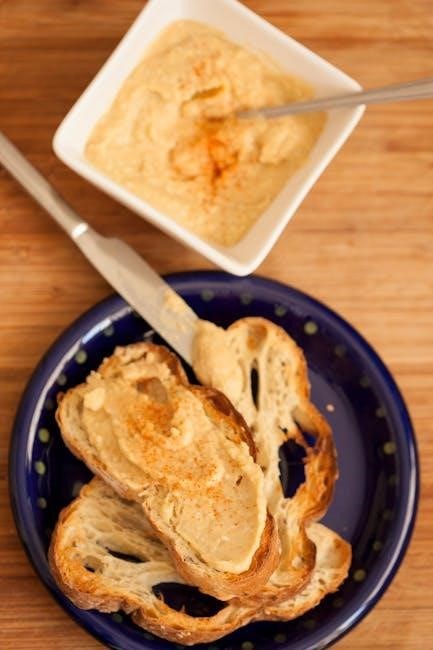
Getting Started with Cooking
To begin with Classic WoW Cooking, you must reach level 5 and locate a Cooking trainer in major cities like Stormwind or Orgrimmar.
2.1 How to Learn Cooking
To learn Cooking in Classic WoW, players must first reach level 5 and locate a Cooking trainer. These trainers can be found in major cities like Stormwind for Alliance or Orgrimmar for Horde. Once you’ve found a trainer, interact with them to learn the profession. They will also provide basic recipes to start your journey. After learning Cooking, you can begin crafting simple dishes to level up your skill. Always ask a guard for directions if you’re having trouble finding the trainer, as they’ll mark the location on your map.
2.2 Finding a Cooking Trainer
Cooking trainers are located in major cities across Azeroth. For Alliance players, trainers can be found in Stormwind, Ironforge, and Darnassus. Horde players can locate trainers in Orgrimmar, Thunder Bluff, and Undercity. To find a trainer quickly, ask a guard in any city, and they will mark the trainer’s location on your map. Once trained, you can cook anywhere, making it a convenient profession to level alongside other activities like questing or farming materials.
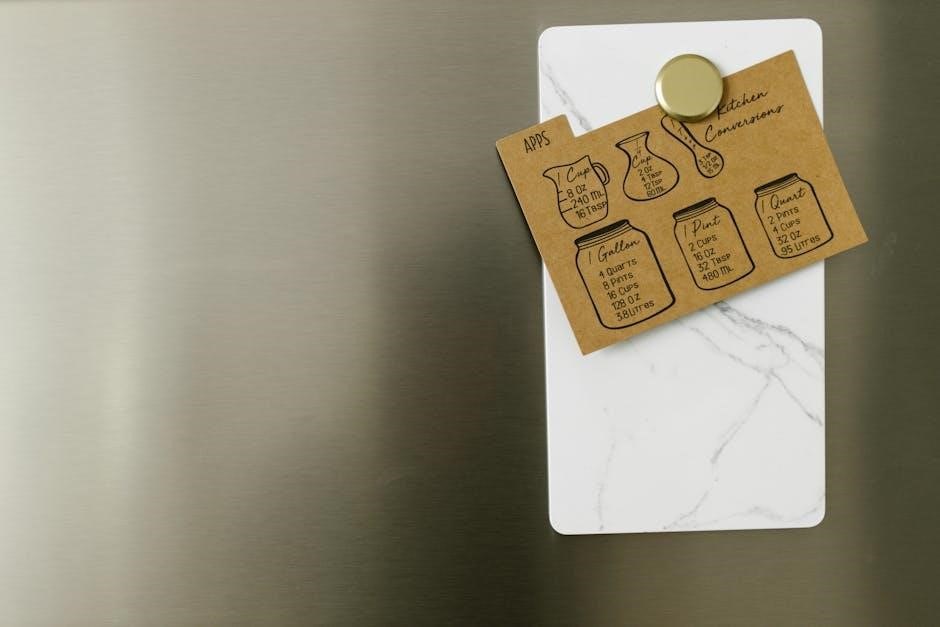
Leveling Cooking from 1 to 300
Cooking in Classic WoW is an efficient journey requiring strategic material gathering and recipe selection. It progresses smoothly, offering valuable buffs and resource management skills.
3.1 Leveling Cooking from 1 to 100
Starting your Cooking journey in Classic WoW is straightforward. Begin with basic recipes like Roasted Boar Meat and Cooked Trout, which require minimal ingredients. These early dishes provide consistent skill-ups and are cost-effective. Focus on using materials gathered from low-level zones or purchased cheaply at vendors. As you progress, experiment with new recipes to keep leveling smooth. Finding a Cooking trainer early ensures access to essential skill-ups. This phase is all about laying a solid foundation for higher-level cooking.
3.2 Leveling Cooking from 100 to 300
Advancing from 100 to 300 in Cooking requires shifting to more complex dishes. Utilize mid to high-level meats like Bear Flank and fish such as Trout. Recipes like Roasted Barley and Spiced Wolf Meat become essential for consistent skill-ups. As ingredients grow scarce and costly, rely on the Auction House to find deals and minimize expenses. Focus on recipes with high yield rates to optimize resource use, ensuring a steady and cost-effective progression to 300.
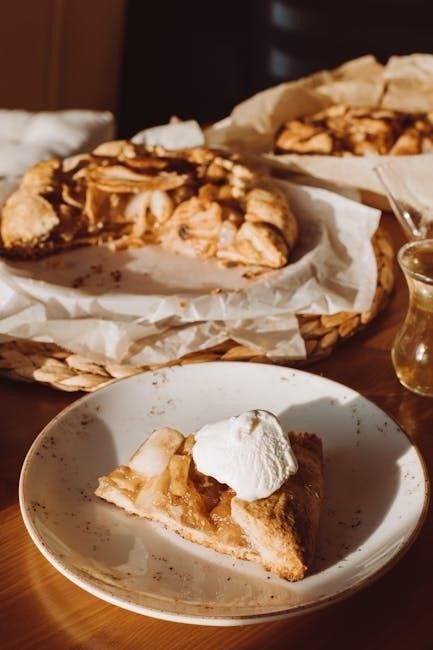
Essential Recipes for Leveling
Focus on high-yield recipes like Roasted Barley and Spiced Wolf Meat for consistent skill gains. These dishes are cost-effective and use readily available ingredients, ensuring efficient progression.
4.1 Best Recipes for Skill Ups
For efficient skill progression, focus on recipes with high skill-up rates. Roasted Barley and Spiced Wolf Meat are excellent choices, offering consistent gains and using readily available ingredients. These dishes are cost-effective and minimize material waste, making them ideal for rapid leveling. Additionally, Smoked Bear Meat and Cooked Crab provide reliable skill increases, especially during the early stages. Prioritize these recipes to maximize your skill gains and progress smoothly from 1 to 300.
4.2 Ingredient Requirements for Key Recipes
Key recipes like Roasted Barley and Spiced Wolf Meat require specific ingredients such as barley, wolf meat, and spices. Smoked Bear Meat needs bear meat and a smoking rack, while Cooked Crab uses crab and seasonings. Ensure you stock up on these materials to avoid delays. Farming these ingredients or purchasing them from the Auction House can optimize your leveling process. Plan ahead to minimize waste and maximize efficiency in your cooking journey.
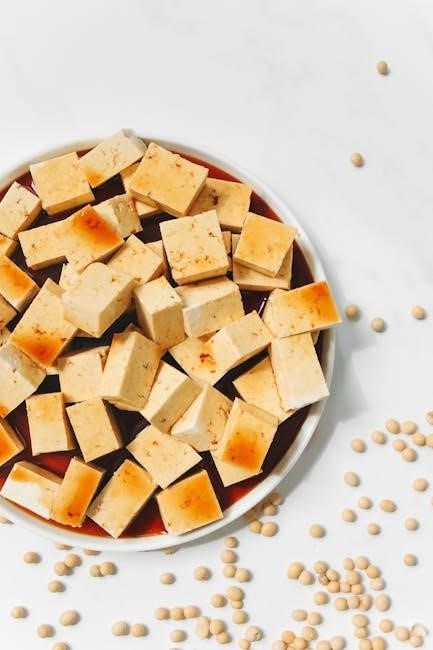
Materials and Farming
Gathering materials like meats, fish, and spices is essential for Cooking. Farming in zones like Westfall or Stranglethorn ensures a steady supply. Use the Auction House wisely to optimize resource collection and minimize downtime, ensuring efficient leveling of your Cooking skill.
5.1 Farming Meat and Fish for Cooking
Farming meat and fish is crucial for leveling Cooking. Zones like Westfall, Loch Modan, and Stranglethorn are rich in beasts and fish. Focus on killing animals like boars, wolves, and river beasts for meats. For fish, areas with water such as rivers, lakes, or coastal regions are ideal. Use fishing skills or kill sea creatures to gather fish. Regularly farming ensures a steady supply of ingredients, reducing reliance on the Auction House and saving gold for other essentials.
5.2 Optimizing Material Usage
Optimizing material usage is key to efficient Cooking leveling. Prioritize recipes with higher skill gains per ingredient to minimize waste. Use the Auction House strategically to buy materials in bulk or at lower prices. Avoid crafting items with low demand or those requiring rare ingredients. Plan your recipe choices based on the materials you have farmed or purchased. This approach ensures you progress efficiently while saving gold and reducing unnecessary crafting. Proper material management is vital for a cost-effective leveling experience in Classic WoW Cooking.
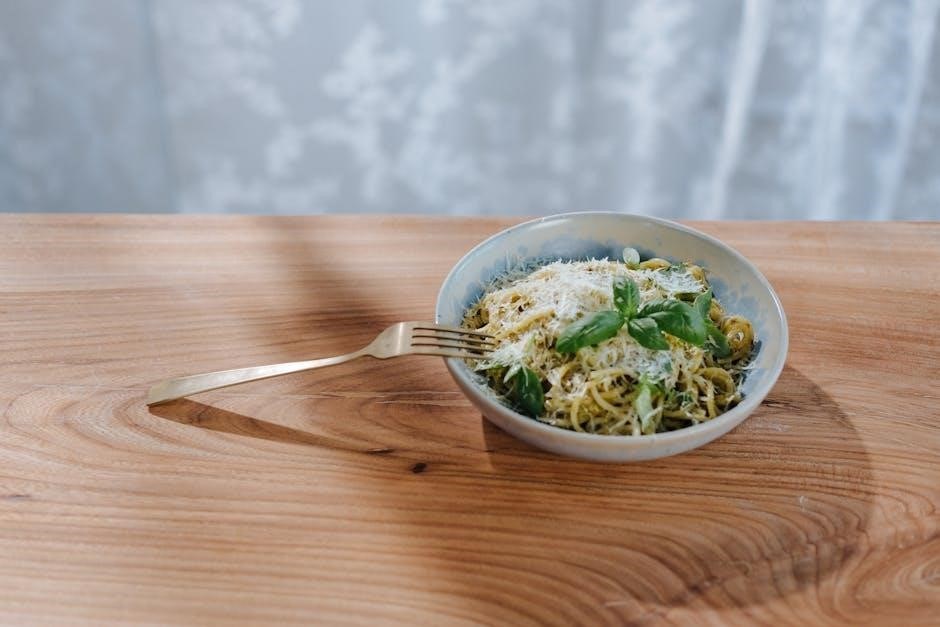
Tips for Efficient Leveling
Plan ahead, focus on high-demand recipes, and use the Auction House wisely. Stay organized, optimize material usage, and keep track of your progress to maximize efficiency.
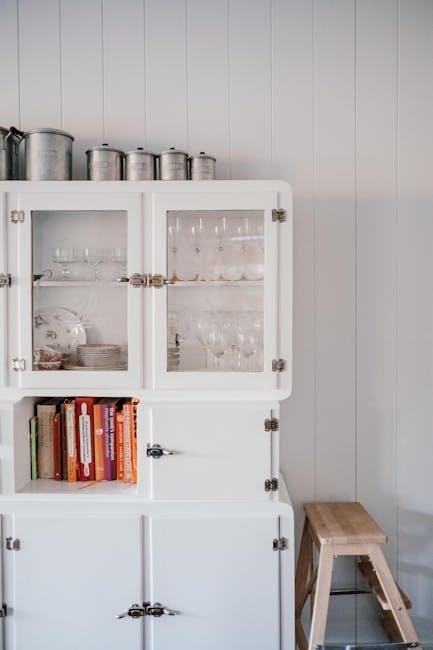
6.1 Maximizing Skill Gains
To maximize skill gains, focus on recipes that provide the highest skill-up potential for your current level. Craft in bulk to avoid redundant recipe switching. Utilize the Auction House to purchase materials in advance, ensuring a steady supply. Monitor the Auction House for cheaper ingredients to save gold. Always craft until a recipe turns gray, then switch to the next effective one. Regularly check your Cooking skill window to confirm when a recipe no longer grants skill-ups, ensuring efficient progression.
6.2 Managing Costs and Resources
Effectively managing costs and resources is key to leveling Cooking without overspending. Prioritize buying materials in bulk from the Auction House during low-demand times to save gold. Farming ingredients yourself can significantly reduce expenses. Optimize material usage by crafting recipes that share similar components. Avoid waste by planning your crafting sessions and selling excess items. Use profession-specific bonuses, like Enchanting or Alchemy, to reduce material costs. Regularly check prices and adjust your strategy to ensure efficient resource management and maximize gold savings.
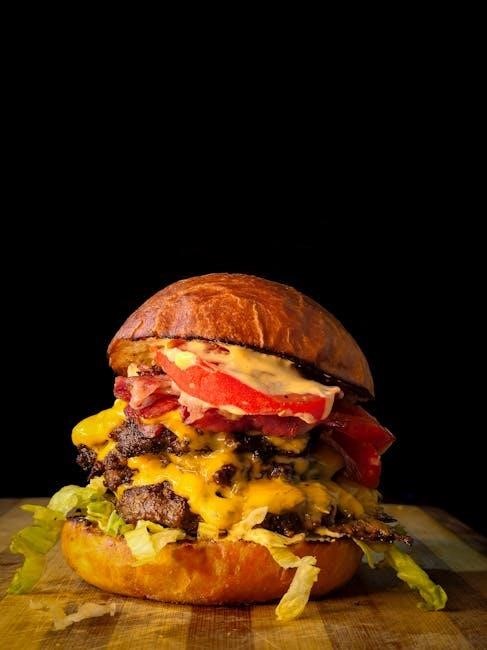
Using the Auction House
The Auction House is a key resource for efficiently buying materials and selling crafted items, helping you maximize your gold income in Classic WoW.
7.1 Buying Materials Efficiently
The Auction House is a vital tool for acquiring cooking materials. Check prices regularly to find the best deals, and use filters to narrow down your search. Buy materials in bulk when possible to save gold, and consider shopping during off-peak hours for lower competition. Avoid overpaying for items by setting a budget and sticking to it. Additionally, preview items before bidding to ensure they meet your needs for leveling your cooking skill efficiently.
7.2 Selling Excess Items for Gold
Selling excess items from cooking can generate significant gold. Use the Auction House to list unwanted meals, reagents, or crafted goods at competitive prices. Research current market demand and set fair prices to attract buyers quickly. Consider posting items during peak hours for higher visibility. Additionally, use addons like Auctioneer to analyze trends and optimize your listings. This strategy helps declutter your inventory while maximizing profits for future material purchases or other in-game expenses.
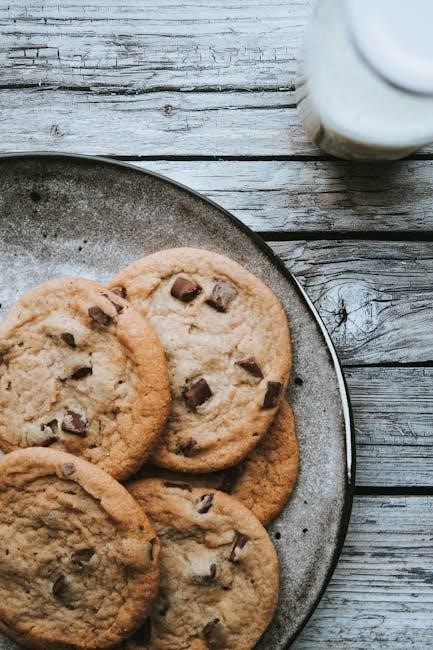
Faction-Specific Considerations
Cooking varies slightly between Alliance and Horde due to exclusive recipes and ingredient availability. Understanding these differences is crucial for maximizing efficiency in leveling.
8.1 Cooking Differences Between Alliance and Horde
Cooking in Classic WoW differs slightly between Alliance and Horde due to faction-specific recipes and ingredient accessibility. Alliance players may find certain dishes exclusive to their faction, while Horde players have their own unique recipes. Ingredient availability also varies based on starting zones and territorial resources. Despite these differences, both factions can achieve max cooking level with proper planning. Understanding these distinctions helps players optimize their cooking progression based on their faction’s strengths and available resources.
8.2 Faction-Exclusive Recipes and Ingredients
Certain recipes and ingredients in Classic WoW are exclusive to either the Alliance or Horde. For example, Alliance players can learn recipes like Pumpkin Pie, while Horde players gain access to Raptor Stew. These exclusives often reflect the factions’ cultural backgrounds and starting zones. Alliance-focused ingredients might include common spices, while Horde recipes may rely on meats like raptor or wolf. These differences add flavor to the game but don’t hinder progression, as both factions can reach max cooking level with their available resources.
Mastery of Classic WoW Cooking brings satisfaction and utility. Enjoy enhanced stats, lucrative gold opportunities, and the joy of crafting delicious meals. Happy cooking!
9.1 Final Tips for Mastering Cooking
To truly master Classic WoW Cooking, focus on efficiency and planning. Keep a well-stocked inventory of ingredients to minimize downtime. Regularly check the Auction House for cost-effective materials and sell excess items for profit. Experiment with recipes to find what works best for your playstyle and faction. Stay organized, and don’t hesitate to revisit lower-level recipes if needed. With dedication and smart resource management, you’ll become a culinary master in Azeroth!
9.2 Benefits of Having a High-Level Cooking Skill
A high-level Cooking skill in Classic WoW unlocks rare and epic dishes, providing powerful buffs for raids, PvP, and solo play. These dishes often boost stamina, agility, or intellect, giving players a competitive edge. Additionally, maxing Cooking allows access to exclusive recipes and ingredients, which can be sold for gold or used to help guildmates. It also enhances your reputation with certain factions, potentially unlocking unique rewards and quests.